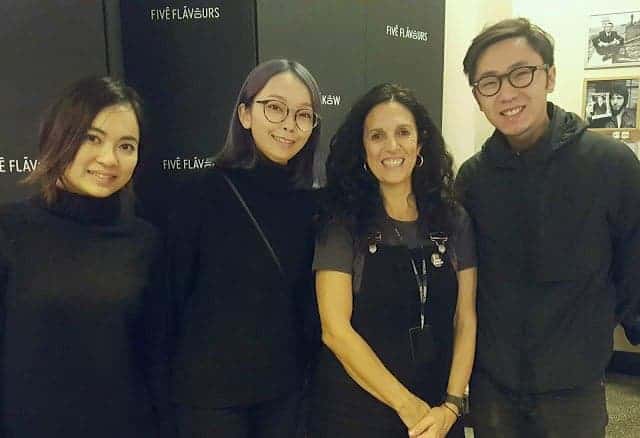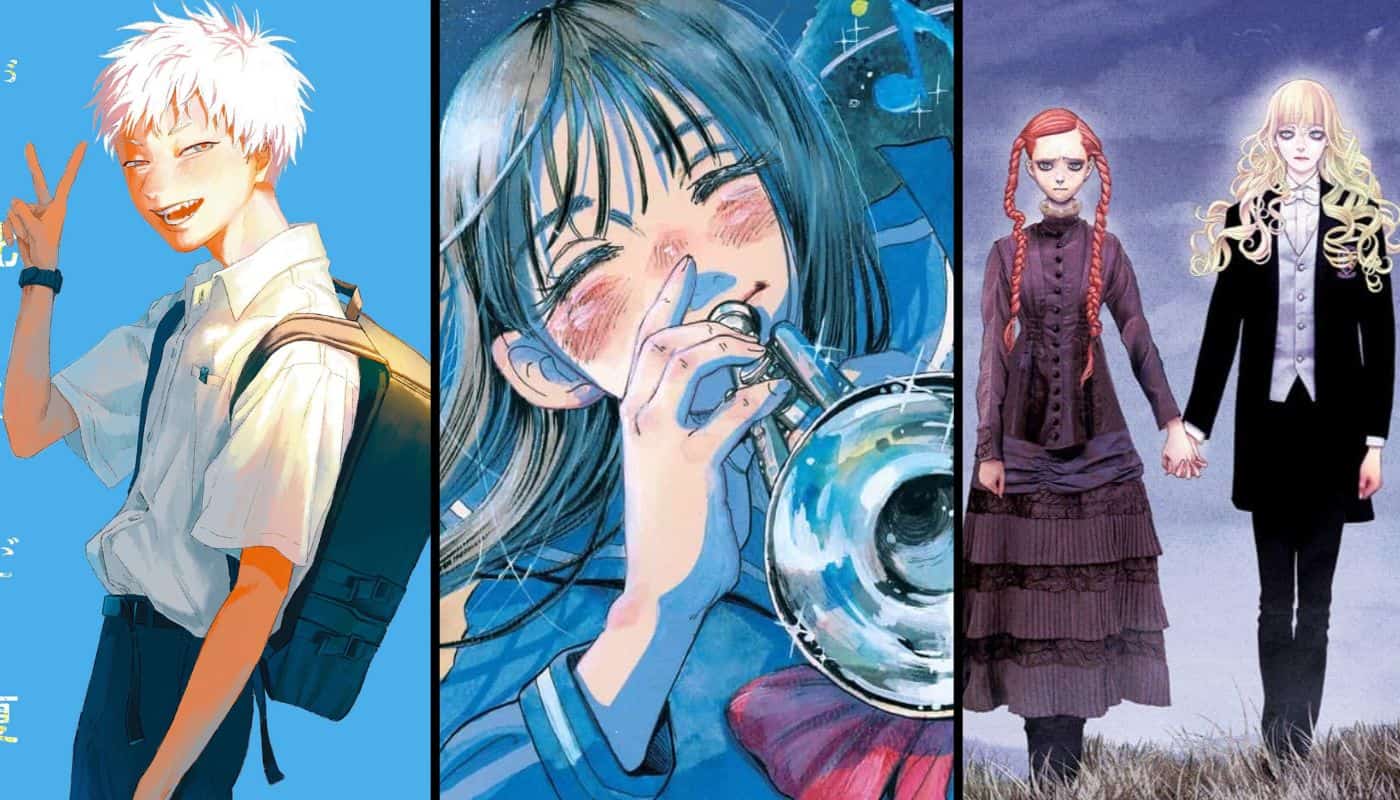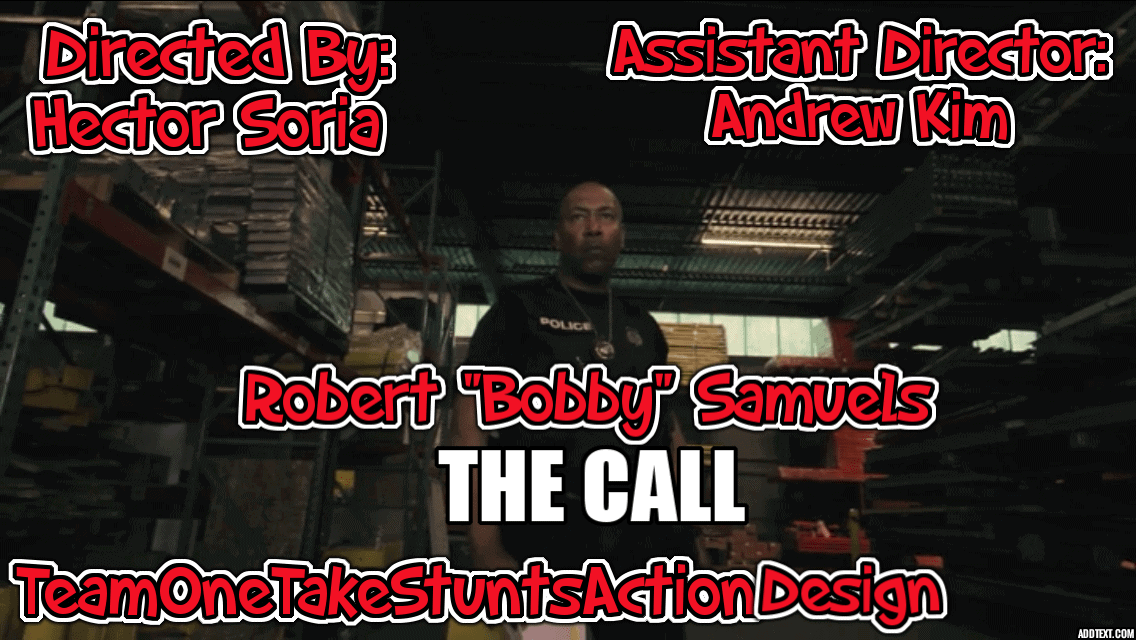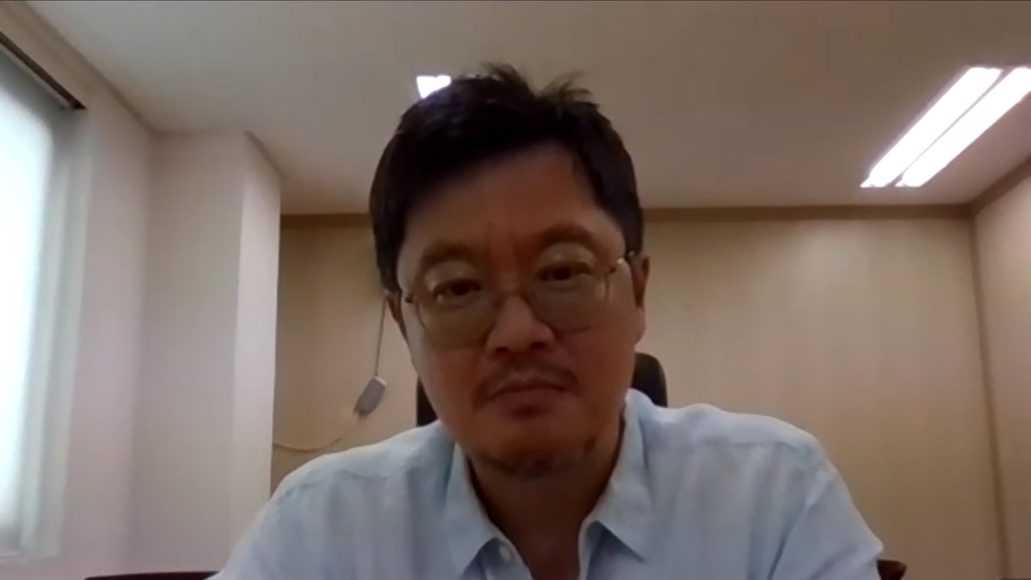translation by Koichi Mori
Ken Ninomiya was born in 1991 in Osaka. He started his career in film in 2014, with two shorts and he did his feature debut in 2015 with Slum-Polis. Starting with his third film, “The Limit of Sleeping Beauty”, he garnered international attention, with the movie screening in Hong Kong, BiFan (Korea) and Japan FIlmfest Hamburg. “Chiwawa” in 2019 was an even bigger success internationally, while it took number one in Best Japanese Film of 2019 in our list.
On the occassion of “Tonkatsu DJ Agetaro”, his latest film, screening at New York Asian Film Festival, we speak with him about adapting the particular manga, the 80's aesthetics of the movie, music and music video elements in his filmography, the set design of the movie, his latest film, and other topics
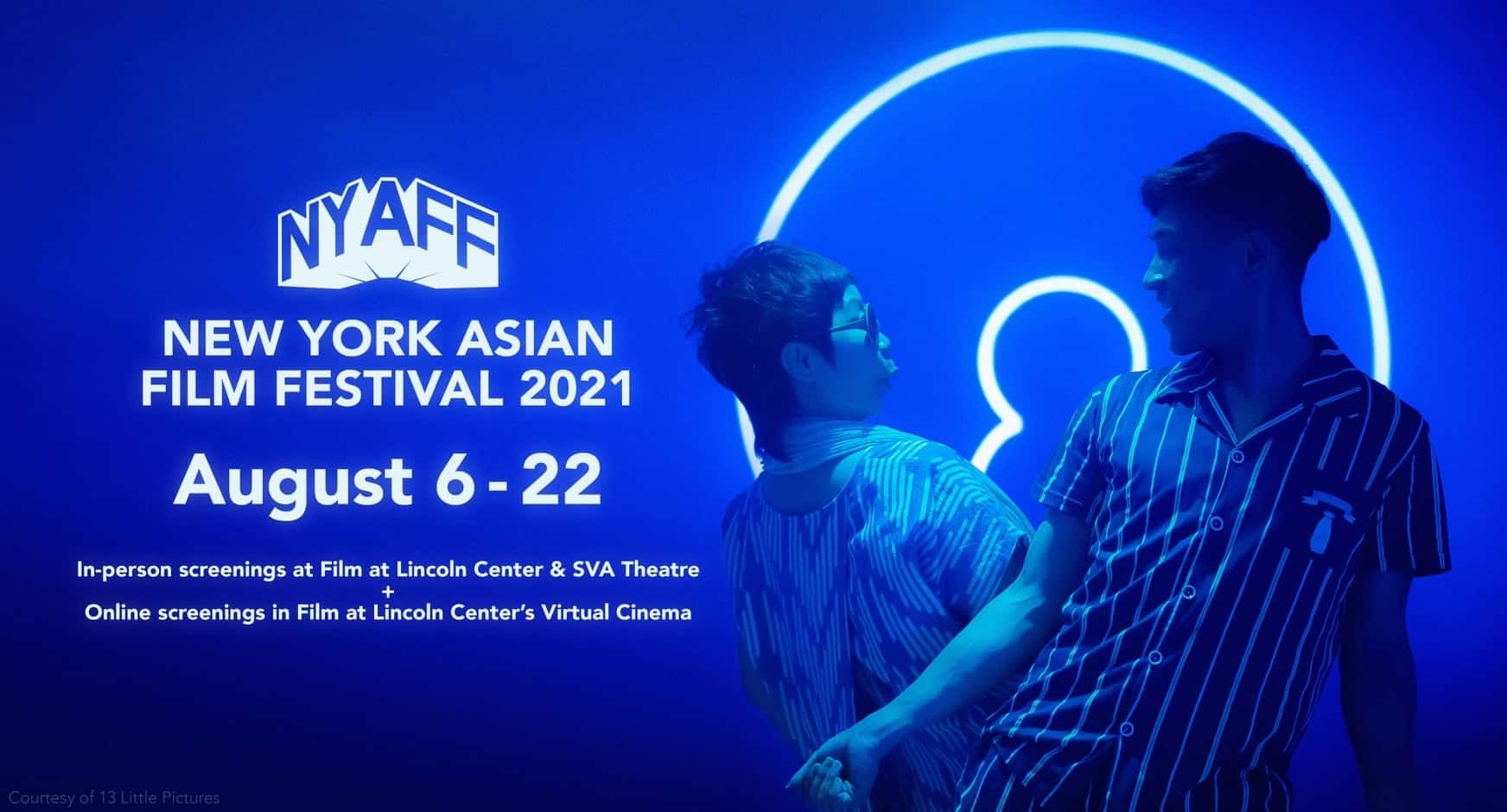
Why did you decide to adapt the particular manga by Ipyao and Yujiro Koyama?
The unique blend of two seemingly contradictory cultures, tonkatsu and DJing, the endearing characters in Maruyamacho, Shibuya, and the music that embellishes the film — I wanted to capture these elements from the original work. I thought I could make a very charming coming-of-age film supported by food and music.
The movie leaves a distinct 80's sense, in both story and overall aesthetics, a trend that is quite intense nowadays in cinema and TV. How do you feel about this decade, particularly since you were born in the 90s?
This film also references many 80's films and music: John Hughes, Cameron Crowe (who is my personal favorite director), and the Brat Pack. More to the point, I also studied contemporary films that were influenced by 80's films, such as Spider-Man, Homecoming and Stranger Things.
These films are not only excellent, but they also have a unique aura of cheerfulness and brilliance. For me, it's not nostalgic, it's a utopia like El Dorado, and I just miss it so much.
Music plays a very important part in the movie. What was your approach in that aspect? Furthermore, your films frequently look like music videos, through the combination of music, cinematography and editing. Can you tell us a bit more about this aspect of your filmmaking process?
Among the visual media that I was exposed to when I was a teenager, music videos were equally as prevalent as movies and TV. My friends in the same generation and I were fascinated by many music videos. I felt that the almost intoxicating high we got from them represented the complex feelings of youth.
And perhaps I was one of those who found in the (manga's) emotions a narrative that could stand up to film. I felt that this was a challenge that I should take on now. And I think there were a lot of young people who actually saw my film (in Japanese theaters) who were in sync with that goal. However, “Tonkatsu DJ Agetaro” is a comedy in which the music itself is the main part of the story. So, in order to avoid confusing the storytelling, I tried to make it less complicated than my previous films.
On a subtle note, the film also deals with the concept of patriarchy, particularly in the way the protagonist is to inherit his father's shop despite the fact that his sister appears to be much more dedicated and skilled than him. What is your opinion about this concept?
Although this was not specifically described in the film, his younger sister Koromo, unlike Agetaro, does not want to take over the tonkatsu shop. In the original manga, she eventually decides to become a stylist. If this movie had become a series, I could have depicted that… But I myself have always questioned the old conventions and male-centeredness.
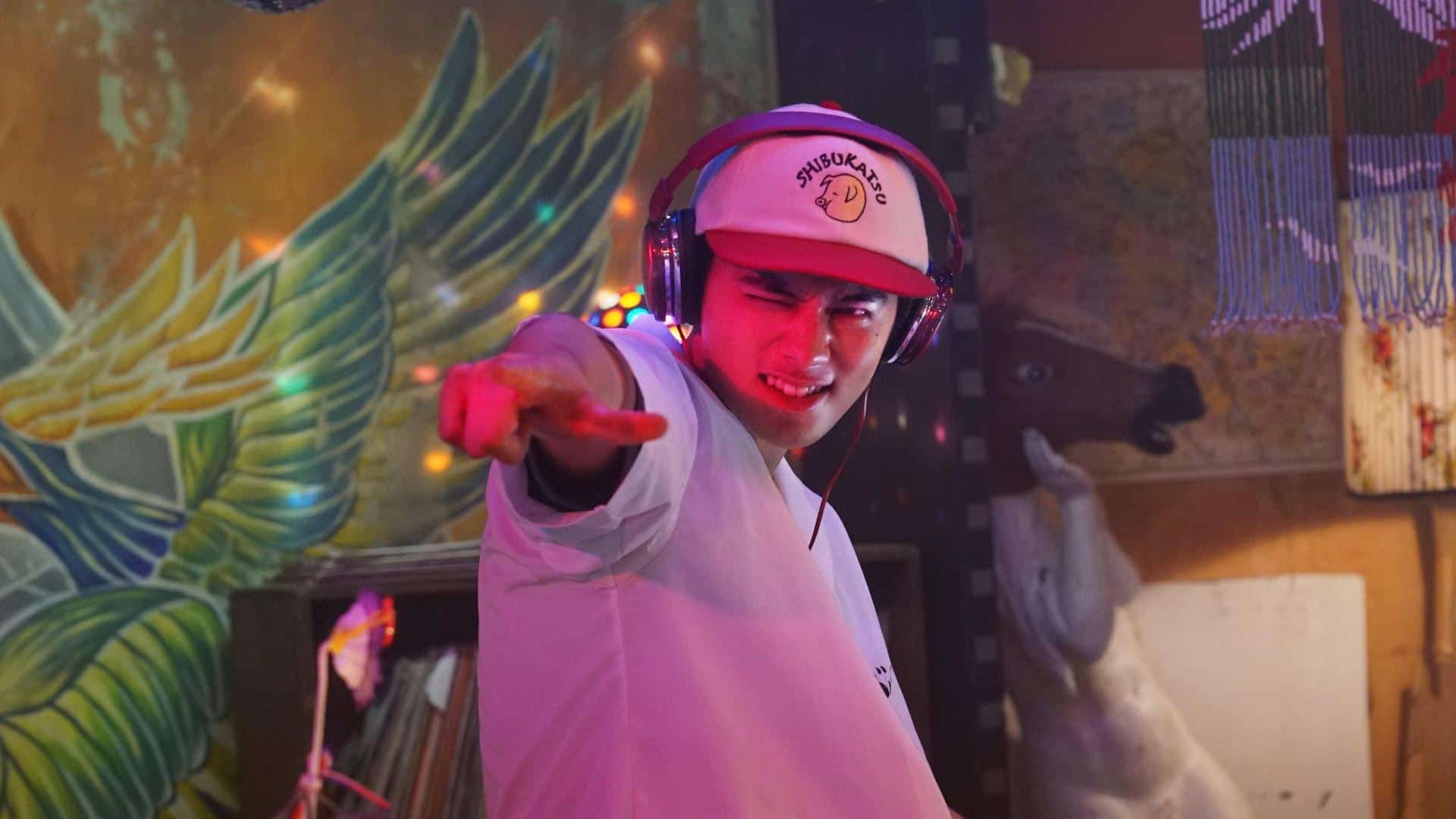
Takuya Miyagawa and Yoji Abeki's set design is impressive, particularly in the “gang's den”. Can you tell us a bit more about your cooperation with them?
It's just such a great place for bad boys to hang out, isn't it? In other words, when Mr. Miyagawa and I bared our boyish hearts, I think it was a perfect match. Each of his ideas was captivating and exciting.
How was your cooperation with Takumi Kitamura, Yusuke Iseya and Maika Yamamoto?
They were perfect collaborators and made the crew laugh a lot. The cast seemed to have a great rapport with each other.

What is your opinion of the Japanese movie industry at the moment?
In the midst of COVID-19 and the trend toward online distribution, the film industry is currently in a transitional period that's never been experienced before. In addition, there's a real breakthrough with animated films in movie theaters in Japan. Most of the people who go to movie theaters now go to see Japanese animated films. In such a situation, what should live-action films do? On the one hand, we still see films we enjoy, but on the other hand, there's a question mark over the creation of films that only focus on the domestic box office, and that feeling is growing at an accelerated pace. The latter is something I've been hoping for for several years now. I hope that now is the time to open new doors and that Japanese films will become more open-minded.
Are you working on any new projects?
My new film “Midnight Maiden War” will be released next year and is almost finished. It will be the last feature film I make in my twenties. It's an adaptation of a novel of the same title, and it will be a kind of answer to Fight Club from Japan, 20 years later. It's a film I'm really proud of, so I hope you'll see it soon! At the same time, I've been away from original scripts for a while, so I'm hoping to start working on another original feature film soon.




